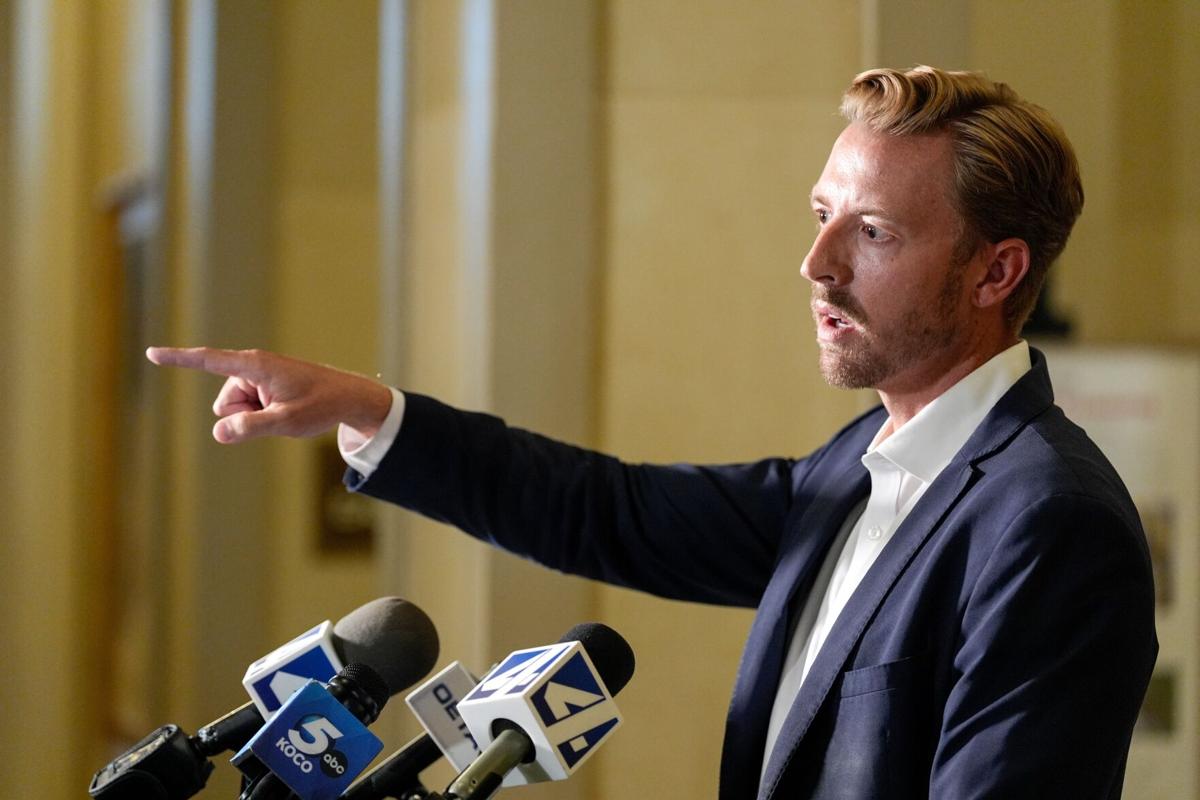Oklahoma State Superintendent Ryan Walters has sparked significant controversy with his recent directive for public schools to observe a moment of silence in memory of Charlie Kirk, a prominent conservative figure who was murdered. The incident has raised questions about the appropriateness of Walters’ actions and his ongoing management of the state’s educational framework.
On March 4, 2024, Walters issued an edict requiring all public school students and staff to pause for a moment of silence at noon the following day. Critics argue this move exploits a tragedy for political gain, overshadowing the turmoil within the Oklahoma State Department of Education. Walters, who campaigned on a platform of injecting Christianity into schools and promoting American “exceptionalism,” has faced ongoing scrutiny due to his lack of administrative experience.
The moment of silence coinciding with lunch periods and class schedules has drawn backlash from educators and parents alike. Many believe such a directive should be sensitive to the developmental stages of students, with younger children less equipped to process the implications of a tragic death compared to older students. Schools have traditionally managed responses to national tragedies based on their understanding of students’ emotional maturity.
Walters’ approach has been described as a political maneuver aimed at garnering attention rather than a genuine effort to support grieving communities. His actions come amidst a backdrop of legal challenges, with the Oklahoma Supreme Court recently halting the implementation of new social studies standards that critics label as infused with Christian nationalist perspectives. This stay is part of a broader legal struggle involving over 20 lawsuits against Walters and the State Department of Education.
The fallout from the moment of silence directive has exacerbated existing issues within Oklahoma’s educational system, including a persistent teacher shortage and declining academic performance. As of now, the state faces over 4,600 untrained teachers in classrooms, a situation that many attribute to Walters’ focus on politically charged initiatives rather than essential administrative duties.
While Oklahoma law mandates a daily moment of silence in schools, typically conducted at the beginning of the day, Walters’ insistence on a second moment during the school day has been met with resistance. Many school districts opted to honor the state law by continuing their established practices rather than implementing Walters’ sudden directive. In some cases, schools communicated to parents that students could choose to reflect on Kirk’s life and death during the mandated silence if they wished.
The implications of Walters’ actions extend beyond the immediate political landscape. They have raised alarms regarding the future of educational governance in Oklahoma, especially as Walters has been perceived as undermining local control and disregarding the expertise of educators. Furthermore, he has threatened to investigate teachers who do not align with his political views, a move that some describe as reminiscent of McCarthy-era tactics.
Amidst this turmoil, the Oklahoma State Board of Education remains a critical element in addressing these challenges. Board members have expressed concern about Walters’ confrontational style, particularly towards those who do not endorse his policies unconditionally. Their ongoing commitment to maintaining educational standards in Oklahoma, despite the political climate, offers a glimmer of hope for educators and students alike.
Ultimately, the controversy surrounding Ryan Walters and the recent moment of silence directive highlights underlying tensions within Oklahoma’s education system. As the state grapples with significant challenges, it remains to be seen how the leadership will navigate these turbulent waters and prioritize the needs of students and educators.
